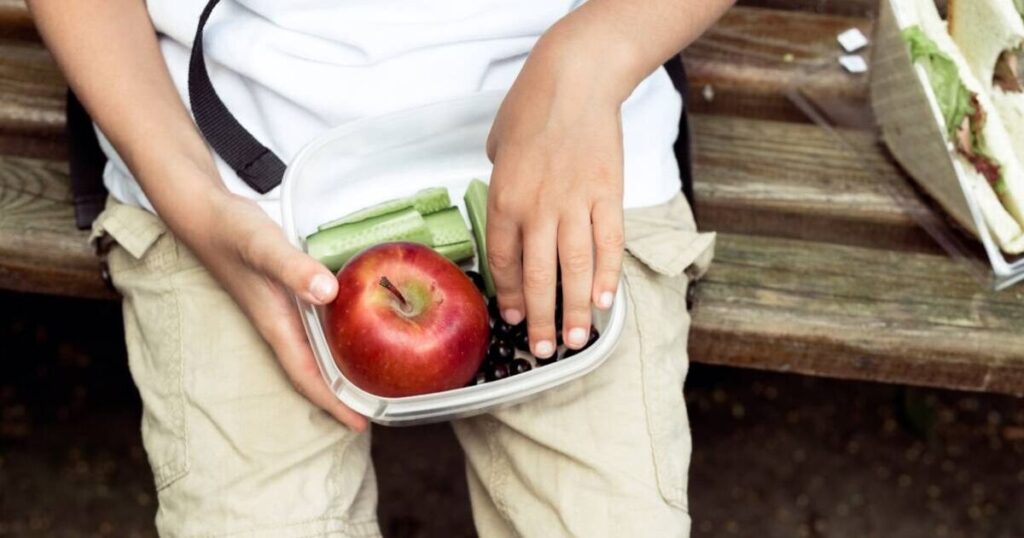
Teachers spend on average more than £220 across the school year, feeding hungry pupils a recent poll has found. A survey of 867 educators, conducted for a new report ‘Hungry to Learn: The Impact of Morning Hunger on Schoolchildren’, revealed 36% of teachers witness hungry children arriving at school daily, while 16% regularly use their own money to buy food for students.
Over one in 20 teachers (7%) reported they might not have pursued the profession if they had known about the added “pastoral responsibilities,” while 30% said they would have thought more carefully about becoming teachers. With an average of four hours a week spent addressing the needs of hungry children, 80% of teachers feel they act more as caregivers than educators.
Andrew Ridge, social impact and sustainability lead at Kellogg’s, which commissioned the research to launch its annual Breakfast Club Awards, commented: “Teachers are truly going above and beyond to help kids stay fed. As the cost of living continues to bite, parents are really feeling the pinch which is sadly leaving many children struggling to focus on their education due to the impact of being hungry in the morning.
“Going to school on an empty stomach as a result of skipping breakfast can be truly detrimental, and it’s worrying to see teachers are being left out of pocket as a result. We must continue to join forces as educators, businesses and government to help support those communities, and take collective action to tackle hunger.”
The study revealed that 78% of teachers consider hunger among their pupils a “significant” concern. Common effects of hunger include tiredness in class, difficulty concentrating, and disruptive behavior. Alarmingly, 49% of teachers reported an increase in the number of hungry children compared to the previous year.
A parallel survey of 2,000 adults revealed that a quarter of respondents struggle to feed their families, with 72% of these seeking help. And over half said they have cut back on electricity and gas to afford food, while 52% have borrowed from friends or family.
However, among the 10% of parents who admitted their children do not always eat breakfast, 36% said this was because their children weren’t hungry, 26% reported their children ate later at break time, and 19% said their children ate at school breakfast clubs.
A spokesperson for Kellogg’s, which is inviting schools to enter the Breakfast Club Awards, added: “Mornings can be a real challenge for many families, in between work, travel, caring responsibilities and more. That’s where breakfast clubs make a huge difference.
“They not only create a welcoming space where children can socialise, feel settled before school, and be ready to learn, but also provide vital childcare support for parents and carers. That’s why we are celebrating the teachers and schools going above and beyond at our annual Breakfast Club Awards, highlighting those who are making considerable impacts on their local community.”
 Latest World Breaking News Online News Portal
Latest World Breaking News Online News Portal






